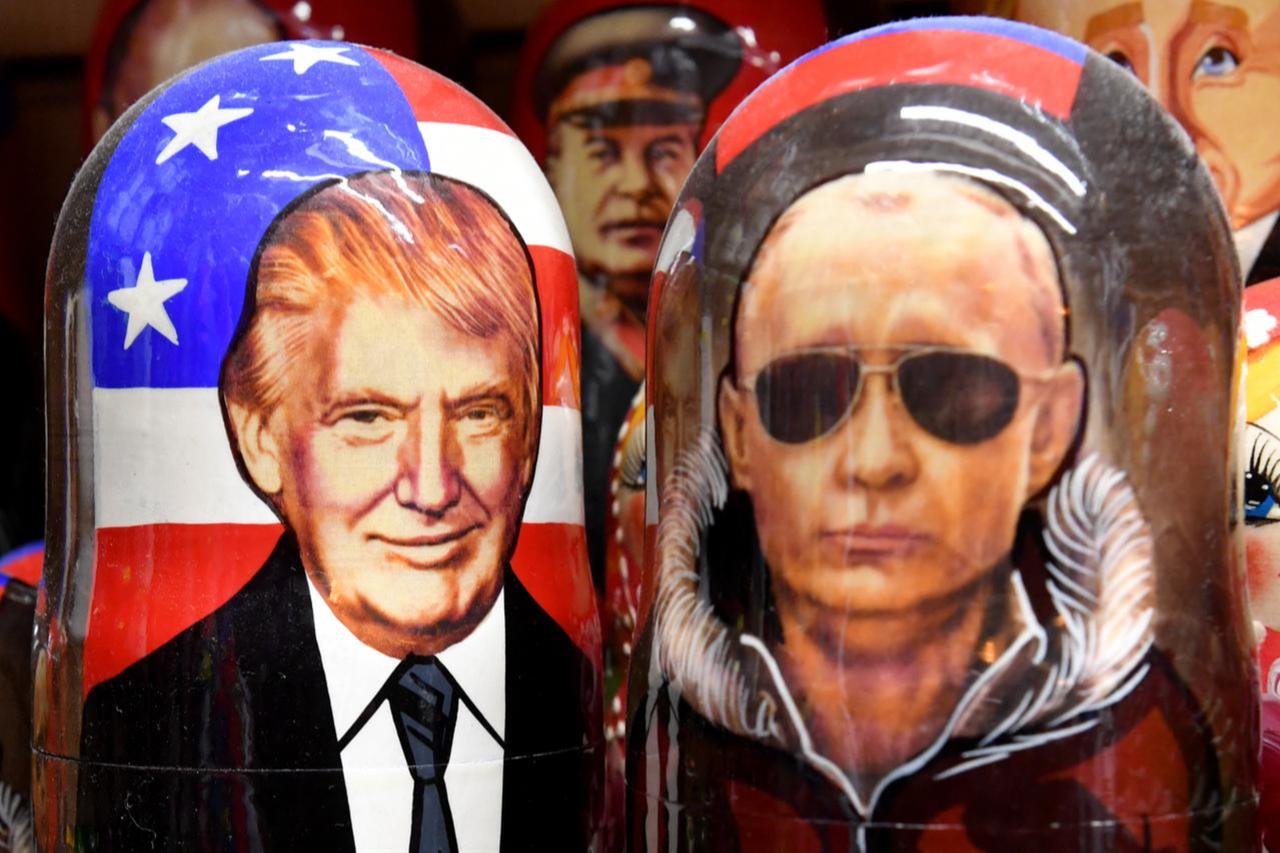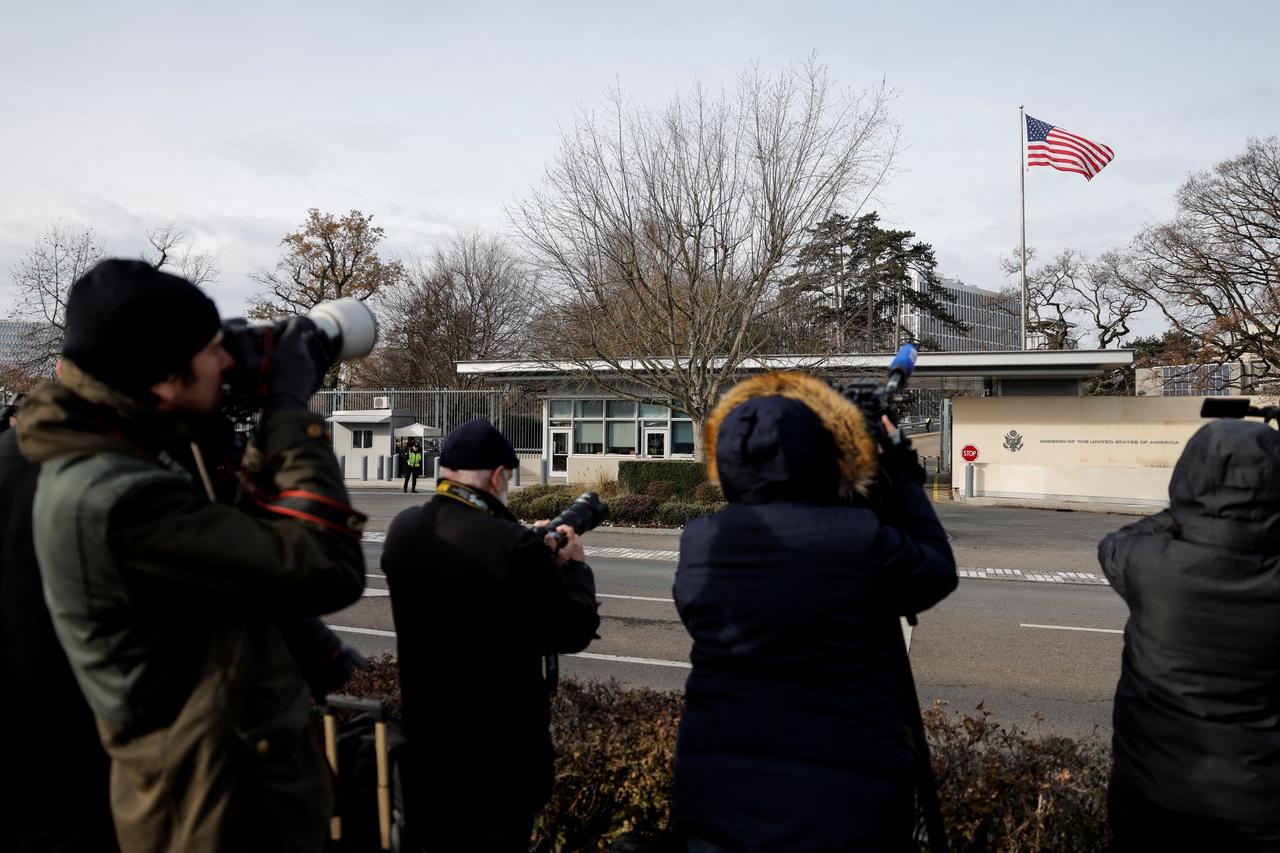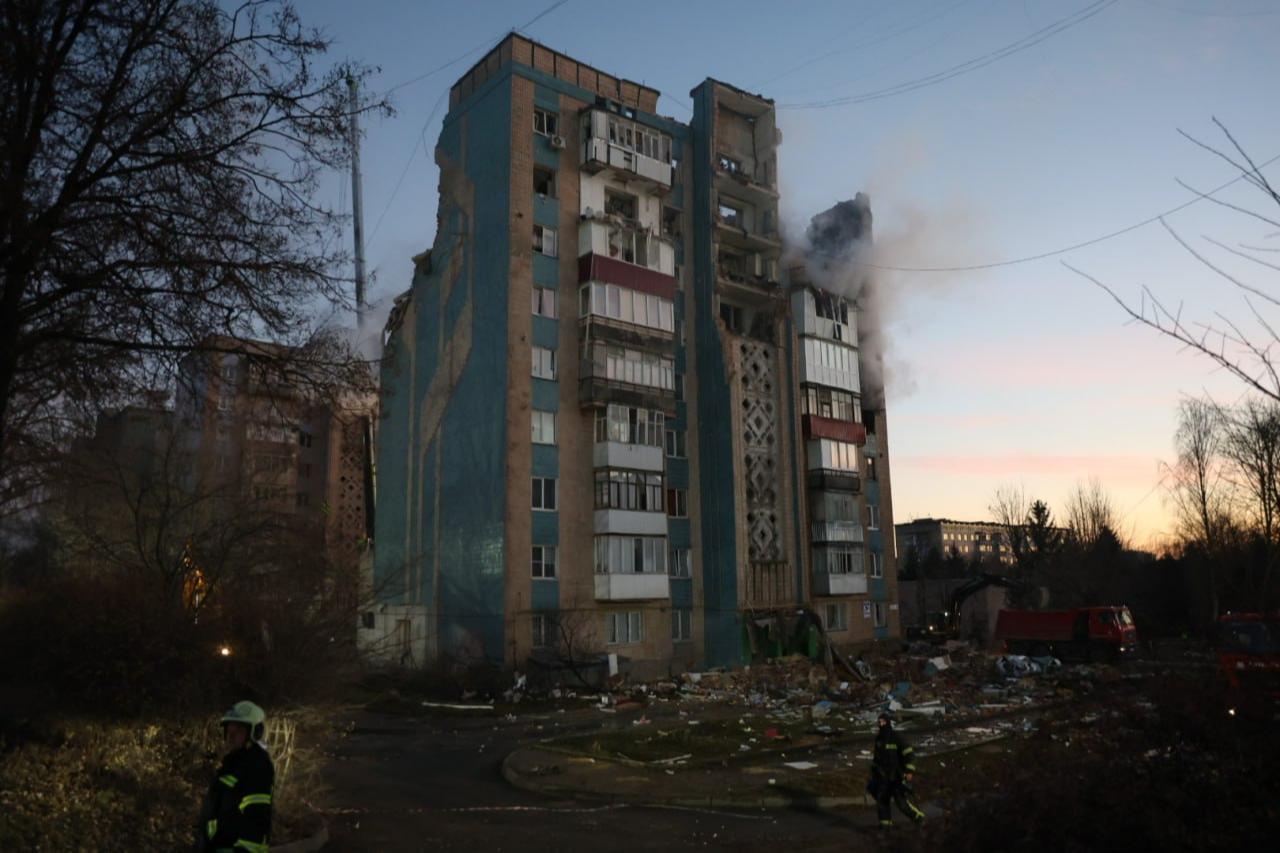
The United States insisted Saturday that its proposal to end the war in Ukraine represents official government policy, pushing back against claims by several U.S. senators that Secretary of State Marco Rubio described the plan as a Russian "wish list."
The dispute over the 28-point proposal, which would require Ukraine to cede territory, scale back its military, and forswear NATO membership, has thrown confusion into the lead-up to talks opening Sunday in Geneva.
U.S. President Donald Trump has demanded that Kyiv accept the plan by Nov. 27, while his envoy, Steve Witkoff, prepares to meet Ukrainian officials alongside top negotiators, including U.S. Army Secretary Daniel Driscoll.
At the Halifax International Security Forum in Canada, a bipartisan group of senators said Rubio had described the proposal as originating from Russia, not the United States.
"What he (Rubio) told us was that this was not the American proposal. This was a proposal that was received by someone... representing Russia in this proposal. It was given to Mr. Witkoff," said Republican Sen. Mike Rounds. "It is not our recommendation. It is not our peace plan."
Independent Sen. Angus King and Democratic Sen. Jeanne Shaheen backed Rounds' account, calling the leaked plan a document heavily skewed toward Moscow.
“It is essentially the wish list of the Russians that is now being presented to the Europeans and to the Ukrainians,” King said.
The senators warned against rewarding Russian aggression and urged that any peace agreement must uphold Ukraine’s sovereignty.
“Everyone wants this war to end, but we want it to end on a fair and just peace that respects the integrity and the sovereignty of Ukraine,” King added.

Rubio, en route to Geneva, denied the senators’ claims, stating that the proposal “was authored by the U.S.”
“It is offered as a strong framework for ongoing negotiations. It is based on input from the Russian side. But it is also based on previous and ongoing input from Ukraine,” Rubio said on social media.
Still, Rounds told reporters the document “doesn't look like something that would normally come out of our government,” suggesting it “looked more like it was written in Russian to begin with.”
The controversy underscores the deep divisions in Washington and among U.S. allies over Trump’s push for a rapid settlement.
Trump said Saturday the plan was “not my final offer” and vowed to end the war “one way or the other.” His special envoy for Ukraine, Keith Kellogg, told Fox News the proposal is “a work in progress.”
Kyiv, meanwhile, has resisted key elements of the plan. Ukrainian President Volodymyr Zelensky said in a Friday address that Ukraine faces “one of the most challenging moments in its history” and will offer alternatives.
“The pressure on Ukraine is one of the hardest,” Zelensky said. “Ukraine may face a very difficult choice: either the loss of dignity or the risk of losing a key partner.”
Secretary of State Rubio arrived in Geneva on Sunday morning ahead of talks expected to include Ukrainian, European, Canadian, and Japanese officials. Ukrainian delegation leader Andriy Yermak, a top aide to Zelensky, said consultations would focus on “the steps needed to end the war.”
“Our representatives know how to defend Ukraine’s national interests and what is necessary to prevent Russia from launching a third invasion,” Zelensky said, referring to Russia’s 2014 annexation of Crimea and its full-scale invasion in 2022.
Britain’s Prime Minister Keir Starmer said National Security Adviser Jonathan Powell would attend. French President Emmanuel Macron confirmed the participation of EU, German, and French security officials, while Canada and Italy also dispatched senior envoys.
“There is no scenario in which Ukraine’s dignity and liberty are negotiable,” said Alice Rufo, France’s deputy armed forces minister.

A joint statement by leaders from key European states, Canada, and Japan said the current U.S. proposal is “a basis which will require additional work.”
“We are clear on the principle that borders must not be changed by force,” the statement said. “We are also concerned by the proposed limitations on Ukraine’s armed forces, which would leave Ukraine vulnerable to future attack.”
Macron noted the plan includes points needing broader discussion, including Ukraine’s NATO membership and the fate of Russian frozen assets in Europe. A virtual meeting of the “coalition of the willing” supporting Ukraine is scheduled for Tuesday to follow up on the Geneva talks.
“We all want peace,” Macron said. “But it must be strong and lasting. A settlement must take into account the security of all Europeans.”
Russian President Vladimir Putin said the proposal could “lay the foundation” for a peace agreement but warned Moscow would seize more territory if Ukraine rejected talks.
Meanwhile, U.S. senators across the aisle, including Trump’s fellow Republicans, have criticized the plan.
“Rewarding Russian butchery would be disastrous to America’s interests,” said Senate Minority Leader Mitch McConnell on X. “Putin has spent the entire year trying to play President Trump for a fool.”